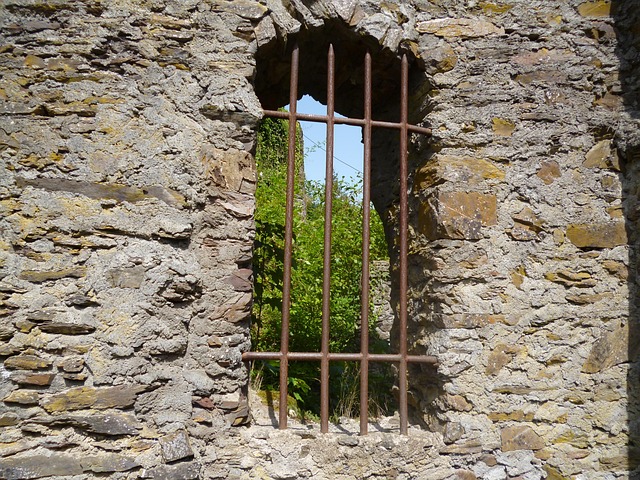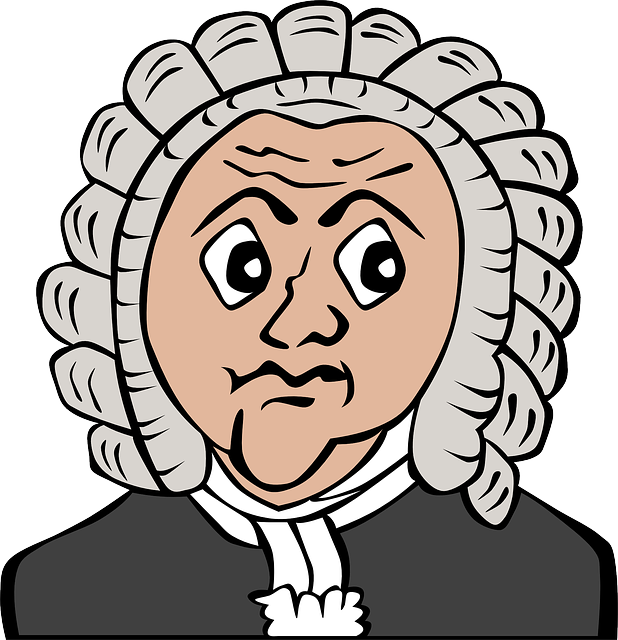Teen Driver Rehabilitation is a comprehensive program addressing physical and psychological scars from car accidents in adolescents, focusing on rebuilding confidence, resilience, and social skills. Support groups within this framework create safe spaces for open dialogue, fostering camaraderie and understanding among peers. Group therapy enhances accountability, reduces feelings of isolation, and teaches valuable coping strategies, ultimately empowering teens to navigate their recovery journey with enhanced emotional intelligence and a sense of belonging.
Support Groups for Recovery: Empowering Teens Through Peer Connection is an insightful exploration into the transformative power of group therapy in teen driver rehabilitation. We delve into the crucial need for a supportive environment, where young individuals can heal and grow. This article highlights the benefits of group settings, focusing on open communication and empathy. By understanding individual challenges, programs can be tailored for optimal recovery. Discover inspiring success stories and learn how peer support navigates the complex journey towards rehabilitation.
- Understanding Teen Driver Rehabilitation: The Need for Support
- Benefits of Group Therapy in Recovery Process
- Creating a Safe and Non-Judgmental Environment
- Facilitating Open Communication: Encouraging Sharing and Empathy
- Tailoring Programs to Individual Needs and Challenges
- Success Stories: Transformative Power of Peer Support
Understanding Teen Driver Rehabilitation: The Need for Support

For teens involved in car accidents, the road to recovery involves more than just physical healing; it’s a complex journey that demands emotional and psychological support. This is where Teen Driver Rehabilitation steps in as a vital pillar of assistance. It’s not merely about learning to drive again but ensuring these young individuals regain their confidence and composure behind the wheel while navigating the challenges of adolescence. Support groups play a crucial role here, fostering an environment where teens can share experiences, learn from peers, and build resilience.
The need for such specialized rehabilitation arises from the unique pressures and responsibilities that teen drivers face. They are often navigating uncharted territories, dealing with peer influence, academic demands, and the natural surge of emotions during adolescence. Combining these factors with the trauma of an accident can lead to heightened anxiety, fear, or even post-traumatic stress. Support groups offer a safe space to process these emotions, fostering camaraderie among peers who understand their struggles, ultimately facilitating a more comprehensive recovery process for teen drivers.
Benefits of Group Therapy in Recovery Process

Group therapy plays a pivotal role in the recovery journey, especially for teens undergoing driver rehabilitation. In a supportive environment alongside peers with shared experiences, teenagers can openly discuss challenges and successes related to their driving skills, emotional well-being, and personal growth. This collective dynamic fosters a sense of community, reducing feelings of isolation often associated with learning or improving after a driving incident.
Through group therapy sessions, teens gain valuable peer support, learn coping strategies from one another, and develop social skills crucial for navigating both recovery and daily life. The collaborative nature of these groups enhances accountability and motivation, pushing individuals to stay on track with their rehabilitation goals. Additionally, group therapy provides an opportunity for teens to build resilience, as they learn to manage setbacks, celebrate victories, and connect with a network that understands their unique circumstances, fostering a sense of belonging and empowerment.
Creating a Safe and Non-Judgmental Environment

In the context of Teen Driver Rehabilitation, creating a supportive atmosphere is paramount. Support groups for recovery emphasize a safe space where teenagers can openly discuss their experiences and challenges without fear of judgment. This non-judgmental environment encourages teens to share their struggles, fostering a sense of understanding and camaraderie among peers facing similar issues.
By removing the barriers of criticism or stigma, these support groups allow teens to focus on their recovery journey. They learn from one another’s successes and setbacks, building resilience and gaining valuable insights into managing their behaviors and emotions. This peer-to-peer approach is instrumental in fostering a supportive community that promotes positive change and enhances the overall effectiveness of rehabilitation programs.
Facilitating Open Communication: Encouraging Sharing and Empathy

In a supportive group setting, encouraging open communication is essential for effective recovery, especially in the context of Teen Driver Rehabilitation. Participants are prompted to share their experiences, challenges, and successes freely, fostering an environment where empathy and understanding thrive. This act of sharing allows peers to connect on a deeper level, breaking down barriers and promoting a sense of belonging. By listening actively and offering support, group members develop essential emotional intelligence skills, enabling them to navigate life’s hurdles with resilience.
The power of empathy cannot be understated in these sessions. When teens feel heard and understood by their peers, they are more likely to open up about the anxieties and struggles unique to their journey. This sharing reinforces that recovery is not a solitary path; instead, it’s a shared experience where everyone has something valuable to contribute. Through this process, group members learn from one another, gaining new perspectives and strategies to cope with challenges related to driving rehabilitation and personal growth.
Tailoring Programs to Individual Needs and Challenges

In the context of Teen Driver Rehabilitation, Support Groups play a pivotal role in fostering recovery and personal growth. One of the key benefits is their ability to tailor programs to individual needs and challenges. These groups understand that every teenager’s journey towards recovery is unique, shaped by their specific experiences and obstacles. Therefore, they offer a flexible and personalized approach, ensuring that each member receives targeted support.
Through regular meetings, participants can openly discuss their struggles, share success stories, and learn from one another. This peer-to-peer dynamic creates a supportive environment where teens can navigate the complexities of recovery together. By addressing individual challenges head-on, Support Groups empower young drivers to develop coping strategies tailored to their unique circumstances, ultimately enhancing their chances of long-term success in Teen Driver Rehabilitation.
Success Stories: Transformative Power of Peer Support

In the journey towards recovery, peer support through groups like Support Groups Recovery Together has proven to be a powerful tool, especially for teens navigating the challenges of Teen Driver Rehabilitation. The shared experiences and understanding among peers create a unique bond that fosters open communication and encourages accountability. Members find solace in knowing they are not alone, as they confront the aftermath of risky behaviors behind the wheel.
Through these support groups, teenagers gain insights from their peers’ transformations, inspiring them to make positive changes. Success stories within the community highlight the effectiveness of peer-led rehabilitation, where teens learn from one another’s struggles and triumphs, fostering a culture of support and resilience. This transformative power strengthens the foundation for a safer and more responsible driving future.
Support groups play a pivotal role in the recovery journey, especially for teen drivers. By facilitating open communication, creating safe spaces, and tailoring programs to individual needs, these groups offer immense benefits. The success stories shared highlight the transformative power of peer support, emphasizing the importance of understanding and addressing the unique challenges faced by teenage rehabilitees. Teen Driver Rehabilitation can be a game-changer when it comes to empowering young individuals to overcome their struggles and embrace a brighter future.






